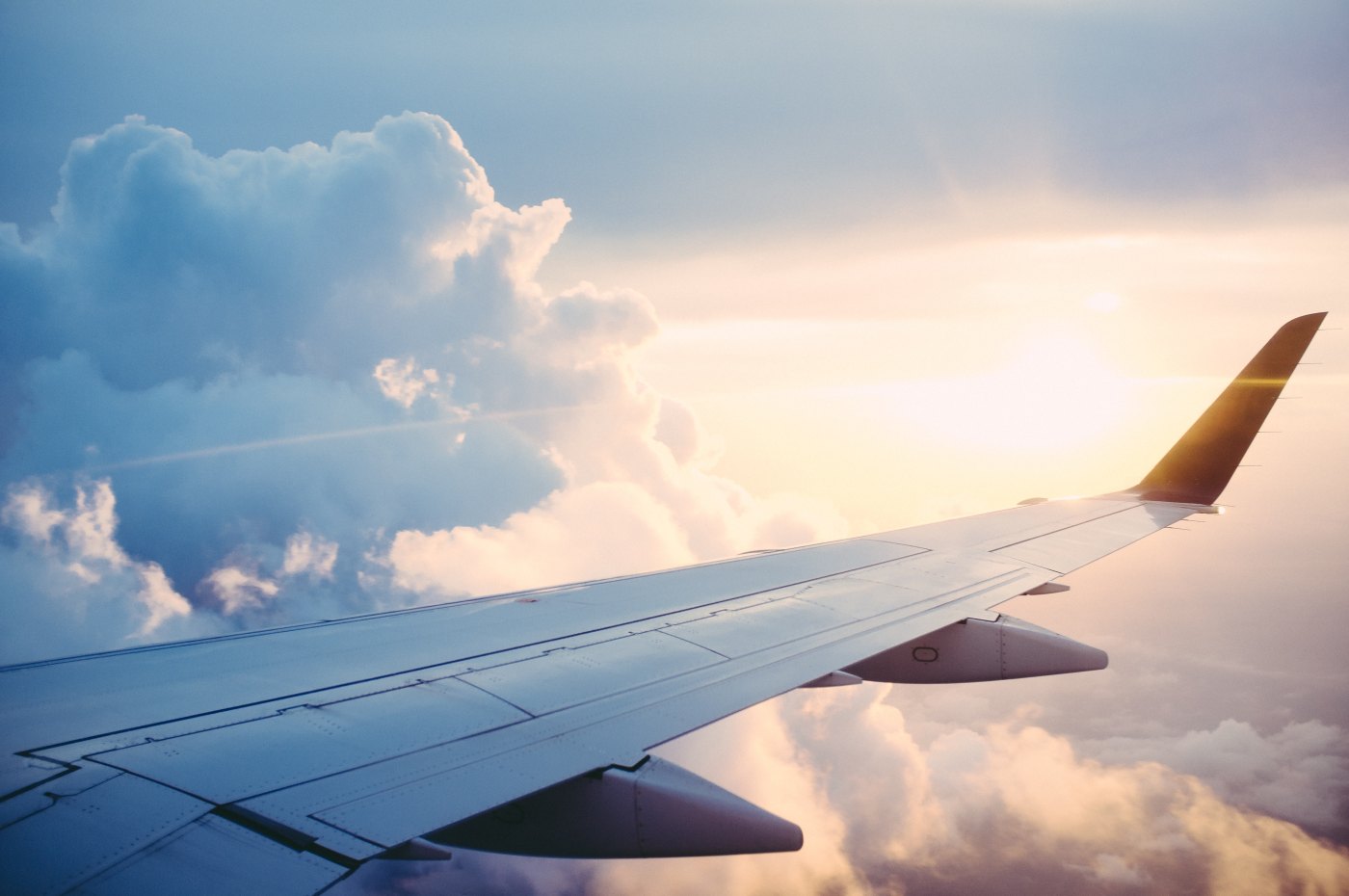
Travelling away from home on a regular basis, whether for work or for pleasure, can be exciting and a challenge all at the same time. To minimise the stress, there are ways to make sure home and pets are well cared for in your absence, such as hiring housesitters to keep your home secure and your pets healthy and happy. Finding checked housesitters with pet experience can give you real peace of mind, so here are some top tips for the best way to find and choose your housesitters:
1. Find a trustworthy website – There are several things to look for to ensure you are in a safe place online
- Look for the green padlock in the browser bar for a website company that has a current online security certificate
- Testimonials – look for customer testimonials published on their own site
- Look for published testimonials in any of the review sites that verify real customers
2. Seek authenticated reviews for the company you have in mind – today there are many review websites that enable authenticated customers to publish their experience working with particular brands e.g. Trustpilot, Feefo, Which Magazine. Whether you search on Google, Bing or other browsers look beyond the paid adverts, it will yield a bigger selection of appropriate suppliers.

3. Biggest isn’t always best, look for a service that meets your needs and can help with your particular challenge. If you need a long-term pet or housesitter, you may want to find a company that has helped long-term travellers like yourself. If you have regular week long or two-week business trips you may want to find a business that can provide a personalised service.
4. Online versus personalised service – today most of us look online for a service, and yes, even with petsitters or housesitters. However, in the growing world of automated bot-controlled online services, it might be worth looking beyond attractive graphics for a company that has a personal contact option to support your particular needs.
5. Are the house and petsitters checked? – Letting any new or unknown person into your home is a worry. Yet in the Facebook world one can be easily persuaded that if a pet sitter has made contact via a social network they seem fine and harmless. Always ensure the sitters are verified or if they are new to the network you are joining, ensure they get verified.

6. Plan ahead – if you know your business trip or holiday is confirmed a few weeks or even months ahead, start making plans. And if you are part of a housesitting and petsitting network, publish your dates and housesitter requirements as soon as you can to get the best choice of sitters.
7. Documentation – Reputable organisations who deal in housesitting and petsitting will have template documents prepared for you to edit with your particular needs, detailing your travel and contact details, the main support contacts for your property and pets, and the local vets.
8. Prepare an easy to use guide for your home and pets – detail the routines required to maintain good order and healthy pets by describing what needs to happen to make your home function, and keep your pets healthy and happy.

9. To pay or not to pay? – There are many options today to find either paid or unpaid options for house and pet sitters. The traditional root is to find a sitter who stays in your home and gets paid by the hour. With a long business trip, this can be just as or more expensive than kennels. Today the internet has enabled new options through ‘the sharing economy’ creating networks of people who collaborate as part of a membership to help each other. For example, home and pet owners when looking for sitters are willing to give free accommodation to sitters happy to stay in the home looking after property and pets. The sitters are usually looking for ways to facilitate affordable travel.
10. Choose a company where petsitting is free as part of a collaboration – their good reputation will be the foundation for the business, and the sitters rely on their good reputation also for future assignments. It’s a win-win!

Lamia Walker is Director and Founder of HouseSit Match. She is an independent professional who conducts her business activities from home in High Wycombe. She is a professional company director and marketer with 25 years business and business travel experience. HouseSitMatch is an online membership network for home and pet owners to meet up with house and pet sitters in a safe collaborative space, with online and personal support should members need it. In 2016 HouseSitMatch was awarded the Guardian and Kia Motors Small Business Network competition of the year.
For further information please contact Lamia Walker at +44(0)7772142742
Further Reading

Africa is home to a variety of communities, such as the Nguni group, the Afrikaners, the Indians, the Mayans, and many others. This diversity also extends to the country’s landscape which promises untold travel-wonders. So, before starting your journey, here are nine things to consider.
Vaccinate
A few months prior to travel, see your doctor to organise any necessary vaccinations. Allow for sufficient time for any required follow-ups, which can be time-sensitive. Double check for any certificates you may need as evidence- for example, a yellow fever vaccination certificate is required to enter Sierra Leone. Africa is also a high-risk area for Malaria, so ensure you inquire about preventative medications.
Dress for The Weather
Africa straddles the equator but it isn’t scorching hot all over the continent. Mount Kenya and Mount Kilimanjaro are both tipped with glaciers, while nights can be severely cold in deserts with temperatures dropping as low as -10° C. It also snows in some places, so before packing light layers, look up the temperature and weather of each location on your itinerary.

Be Aware of Attire Etiquette
There are many Muslim countries in Africa whose cultural values are traditional and conservative. It is not unusual to receive unwanted attention from men, so it is advisable to cover areas such as your shoulders, décolletage, and legs above the knee. If you can, keep jewellery to a minimum.
Don’t Rely on ATMs
ATMs are not easily accessible in all parts of Africa, so it is recommended to take slightly more cash than you anticipate you’ll need. If you want to change currencies, then either do so at the airport or at another trustworthy currency-exchange service. Let your bank know where you’re travelling in case you need to use your debit or credit card while away.

Tipping is Expected
Tourists are expected to tip for anything from lunch to petrol station assistance. Car-watchers or car-guards are individuals in yellow or orange vests who watch and protect your car from break-ins after you have parked your car. The car-guard may actually insist that you owe them money if you don’t pay them, so keep change to hand and pay them instead of getting into an unnecessary quarrel.
Budget for Safari
Make sure you keep a generous budget if you want to go on safari. While most wallet-friendly camping options are a great bargain, if you’re looking for a comfortable bed and knowledgeable guides, you’ll have to keep your budget big. After all, everyone dreams of seeing lions, elephants, and wild buffaloes in their habitat, so it’s all worth it in the end.
Fussy Eater? Go prepared!
If you prefer not to eat adventurously, you might benefit from carrying familiar snacks with you. Like all foreign cuisines, African food can be of an acquired taste to some. Be prepared if you plan to visit rural areas as they have very limited supplies, especially in the summer.
Take proper safety precautions
The majority of crime incidents in Africa happen in areas that aren’t popular with tourists. That being said, it is not to say that tourists can’t be victims of petty crimes. If possible, wear minimal jewellery, and only use phones and tablets discreetly in vastly public areas. Avoid leaving your bags unattended, and if possible, do not walk around alone at night.
Use a Reputable Car Service
Cabs often don’t have meters and the drivers have been known to overcharge tourists, so research a trustworthy car service before your trip. See our guide to safe ground transportation here. If you’re renting a car, do not leave valuables inside and avoid going off the main roads when possible. You should also secure full insurance cover if you’re planning to rent a car.


Emmeline Brown is a passionate travel blogger. She shares an uncanny love for food and travel and has been dreaming of exploring the world ever since she took a trip to the Grand Canyon with her parents when she was 13. You can read more of her work in her freelance blogs, such as this Europe inspo article, and more on Travel & Chocolate Blog.
Further Reading

What makes for an amazing flight? One thing I know for certain is that the experience begins with you. If possession is nine-tenths of the law, perception is nine-tenths of reality! You can’t travel well and have an amazing experience without looking after your own well-being to start with, so here’s my mixed bag of tips to help you, covering frequent traveller savvy, technology and health.
Frequent Traveller Savvy
1) Carry less, worry less
Wherever possible don’t check-in hold baggage. If you fly often, chances are you are flying on business. Frequent business travel is stressful enough, don’t add lost luggage to the list.

2) Lose the booze
The Mediterranean diet with its recommendation of the occasional glass of wine with meals may be good on the ground but not at 36,000 feet. Ditching alcohol when flying has several benefits. The main one of relevance to flyers is that alcohol interferes with the quality of sleep you get and it encourages the conditions favourable to jet lag. If you really must drink, save it till the return leg of your journey after a successful business outcome.
3) Hydrate like cacti!
Sip or guzzle your way to better performance on business trips by being super hydrated. It is vitally important, as altitude disrupts the proper function of human physiology. Physical and mental performance suffers when you are dehydrated. Take a refillable bottle which can be emptied before boarding and ask cabin crew to fill it with water on the plane.

4) Light is a double-edged sword
If you have ever been woken up by the inconsiderate passenger who opened the window blind to let daylight in while you were napping, I dare say you know the value of sleep masks. Over and above that, there is the challenge of night-time ambient light disruption to contend with. This is now a problem because lights we leave on at night are robbing us of true darkness and interfering with our circadian rhythms (body clocks). Avoid this hazard by packing those sleep masks for the plane and your hotel room.
Technology
5) Mix and match devices
While wearable technology is all the rage, a mixture of high and low-tech wearables is the way to go.
Low tech tools:
- Magnetic insoles – Buy quality insoles with a good gauss rating and feel the benefits especially if you spend time on the road on your feet. Magnetic therapy is an alternative medical practice that uses static (i.e. unmoving) magnets to alleviate pain and other health concerns.
- Blue blocker eyewear – Frequent flyers are either chased by or following the sun. As such they get too much or too little daylight, neither is ideal as it, again, upsets circadian rhythms. Blue-blocking eyewear can help and they shield you from too much blue light from your gadgets too.
High tech tools:
- A quality sleep monitor- the Oura ring is recommended. It monitors sleep and gives you recommendations based on the data it collects. The Oura ring has been found to be 96 percent accurate as compared to sleep lab equipment by the Stanford Research Institute.
6) Track fitness on the road
Once upon a time, airlines had all flying crew take health checkups on a regular basis to ensure they were fit to fly. Being fit to fly is now left to the individual and it is a metric every frequent flyer should keep an eye on. Within that metric, sleep quality and quantity are ones to watch. Keeping an eye on your heart rate variability (otherwise known as HRV) is a handy tool to gauge sleep requirements, given that nights out of bed and poor-quality sleep come with frequent flying. HRV is easy to track with a variety of wearables and apps on your smartphone.

7) Get into Earthing
Earthing is the habit of connecting with the inexhaustible number of negative electrons which act as antioxidants in the human body. It is as simple as going outside and connecting bare feet to the earth. As a flyer, you are cooped up on a plane with low-quality oxygen and lots of static. The best way to discharge that static and help avoid jet lag is to connect with the earth to help drive the charge off your body. Clinical trials have been conducted to demonstrate the efficacy of earthing as a health tool, including for jet lag and there are simple accessories available to help you ground indoors if going outside is not an option.

Health
8) Start a quality supplement program
The quality of food on the road is never consistent but you can’t afford to deprive yourself of the fuel you need. As hard as you try to make good choices, it’s better to always have a backup. Supplement with dense nutrition and focus on supplements specific for flyers.
9) Leverage local knowledge on your journey
Shockingly, only 1% of business travellers would talk to fellow travellers sitting next to them. Besides the social impact that has, you never know what they might know about your destination. It could make a world of difference to your experience.
10) Roll with the punches
The more you travel the more likely you are to face disruption. How you handle disruption can colour your experience of the journey, especially when you face circumstances beyond your control. Being able to roll with the punches and be unflappable is definitely one way to maximise your travel pleasure.

